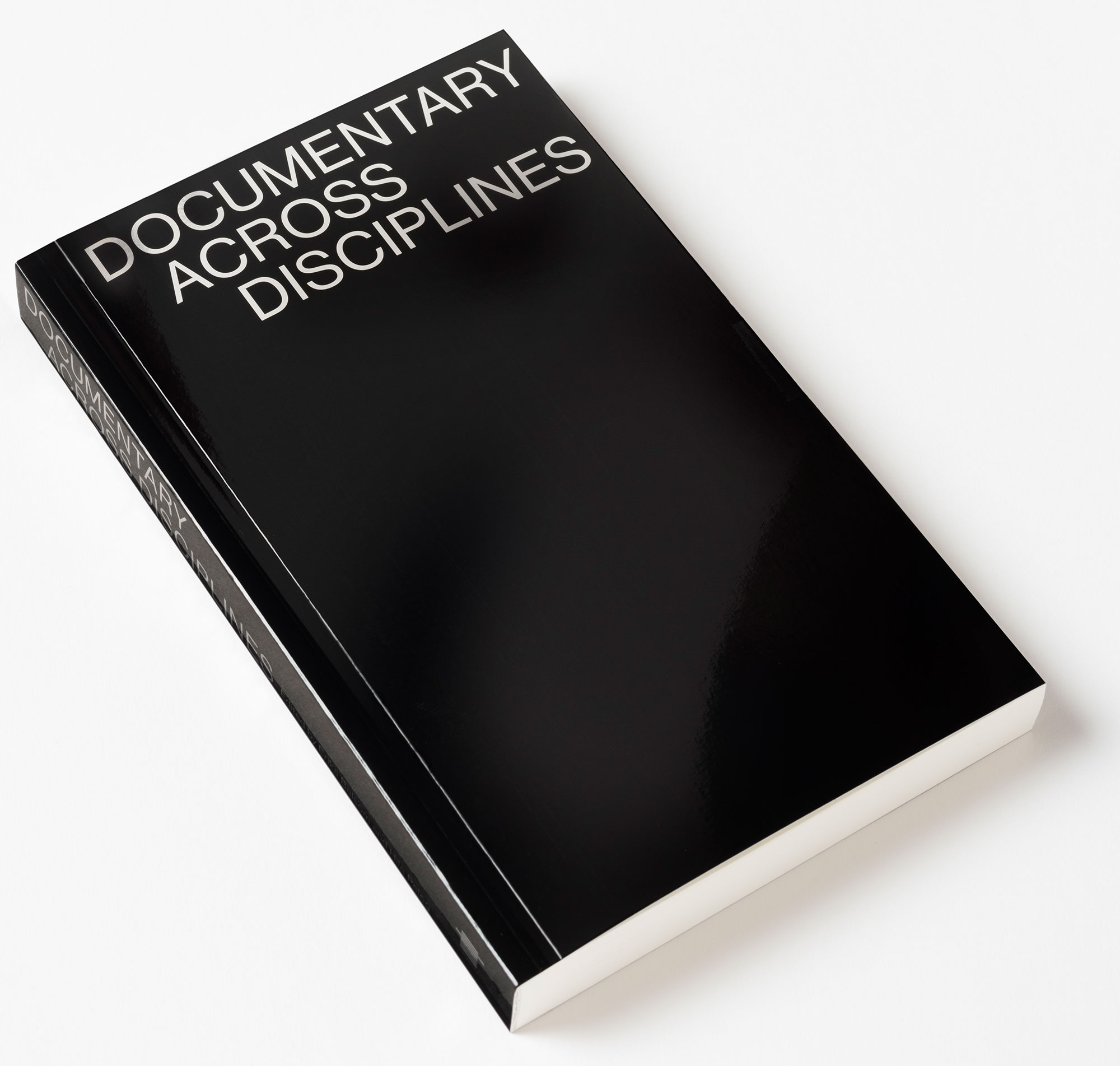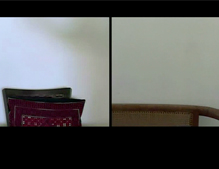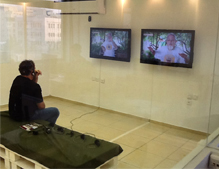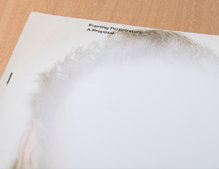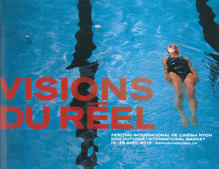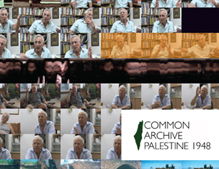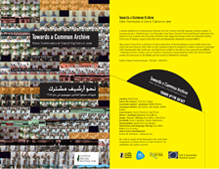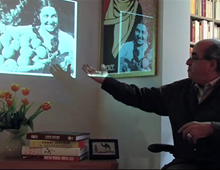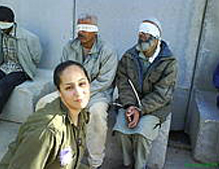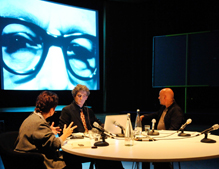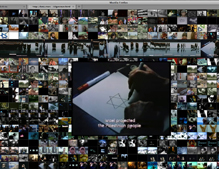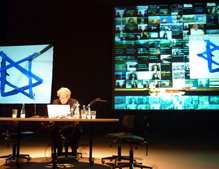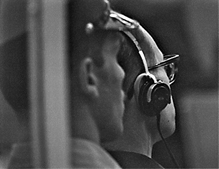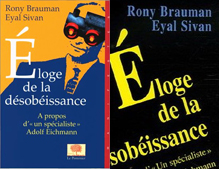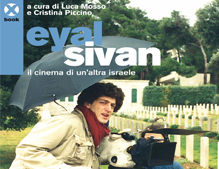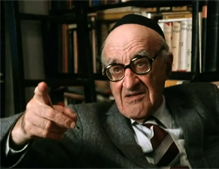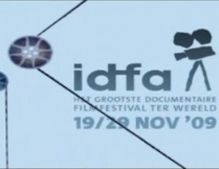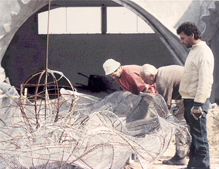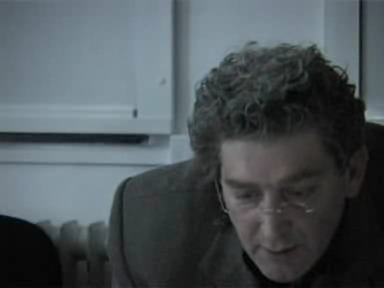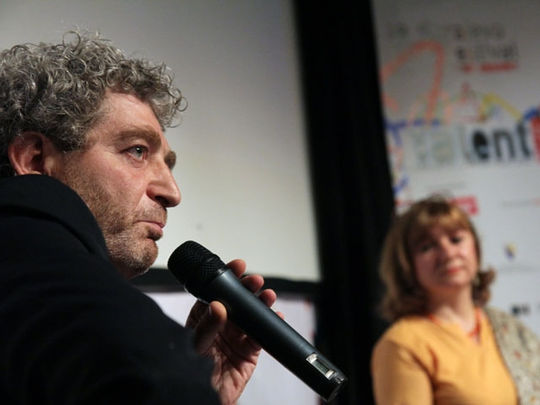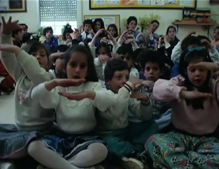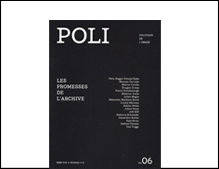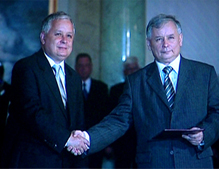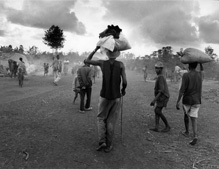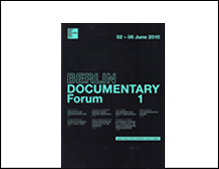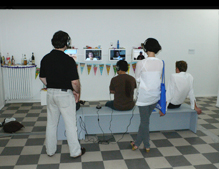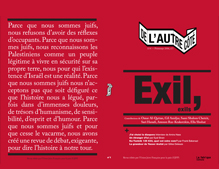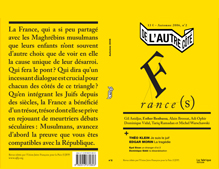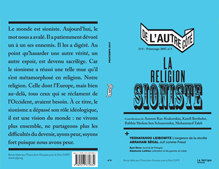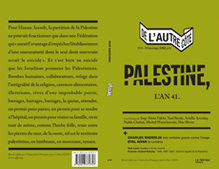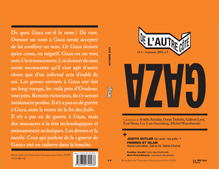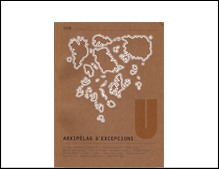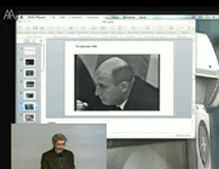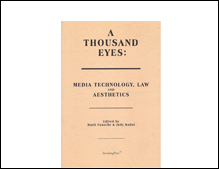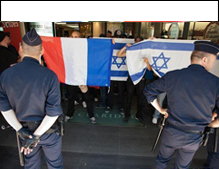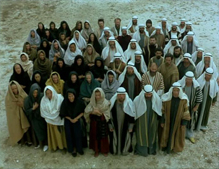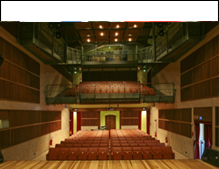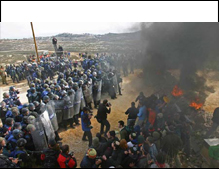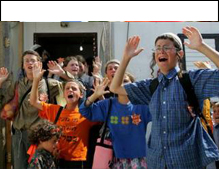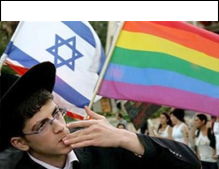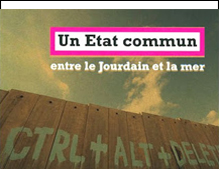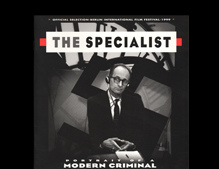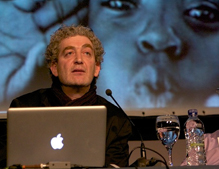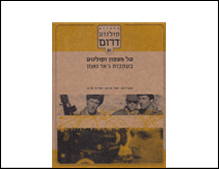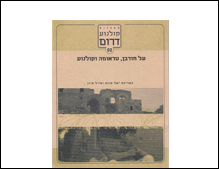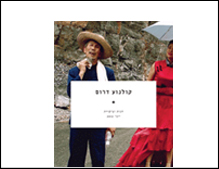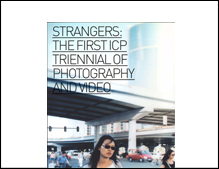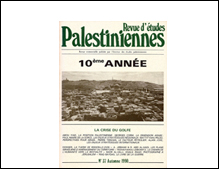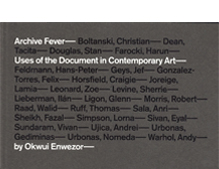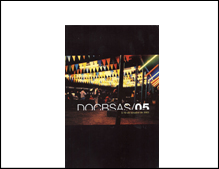-
Proposal for a visual media exhibition
with the participation of students of the Master of Film at the Dutch Film Academy, Amsterdam -
Get my films
Buy DVDs online at www.momento-films.com -
IZKOR
slaves of memory
Documentary film | 1990 | 97 min | color | 16mm | 4:3 | OV Hebrew ST -
Common Archive Palestine 1948
web based cross-reference archive and production platform
www.commonarchives.net/1948 - Project in progress - -
Montage Interdit [forbidden editing]
With professors Ella (Habiba) Shohat and Robert Stam / Berlin Documentary Forum 2 / Haus der Kulturen der Welt / June 2012 -
Route 181
fragments of a journay in Palestine-Israel
Documentary film co-directed with Michel Khleifi | 2003 | 272 min [4.5H] | color | video | 16:9 | OV Arabic, Hebrew ST
-
The Specialist
portrait of a modern criminal
Documentary film | 1999 | co-author Rony Brauman | 128 min | B/W | 4:3 | 35 mm | OV German, Hebrew ST -
Jaffa
the orange's clockwork
Documentary film | 2009 | 88 min | color & B/W | 16:9 | Digital video | OV Arabic, Hebrew, English, French ST
-
Montage Interdit
www.montageinterdit.net
Web-based documentary practice. A production tool, archive and distribution device | project in progress
-
Common State
potential conversation [1]
Documentary film | 2012 | 123 min | color | video | 16:9 split screen | OV Arabic, Hebrew ST -
Towards a common archive
testimonies by Zionist veterans of 1948 war in Palestine
Visual Media exhibition | Zochrot Gallery (Zochrot visual media lab) | Tel-Aviv | October 2012 - January 2013
-
I Love You All
Aus Liebe Zum Volk
Documentary film co-directed with Audrey Maurion | 2004 | 89 minutes | b/w & color | 35mm | OV German, French ST
WELL-DESERVING of mention in the same breath as Ophuls is Eyal Sivan, whose Izkor: Slaves of Memory created more local controversy than even the annual squabbles about which Israeli short films were in competition and why not.
What Sivan's film shows is four weeks in Israel's educational system, the four weeks which cover Pessah, Holocaust Day, Memorial Day for Israel's Fallen and Independence Day. Sivan brings his camera into the classroom, talks to children, interviews teachers and obtains some predictably radical comments from Prof. Yeshayahu Leibowitz (to be the subject of Sivan's next film, which will begin shooting in September). Even granted the disputatious Leibowitz's presence, why the controversy ? Because viewers were outraged, either at the educational system for turning such sensitive parts of Jewish history into a mere commodity for study purposes, or at Sivan for making it seem so in his film.
The film's early scenes, showing the very young learning about the Exodus, had the audience almost paralyzed with laughter. I was surprised to learn later that, far from having intentionally chosen to push a message through while the audience was thus occupied, Sivan had not realized that the reaction would be of this nature. The mirth soon turns into shock when Pessah gives way to Holocaust Day. It is one thing to hear a teacher stridently demanding pat answers to questions raised by 2,000 years of Jewish suffering from a class of 12-year-olds. It is quite another to see a rehearsal of a ceremony for Holocaust Day in which a list of concentration camps is reeled off as if it were no more than a shopping list.
Though be has not gone into the religious educational system, Sivan visits a number of schools and talks to children with varying backgrounds and political views. He also shows that there is a balanced and reasonable way of accomplishing this important educational function by following a high school group and their instructor into Yad Vasbem. There are, however, far too many disturbing examples of the kind mentioned above for comfort. Towards the end of the film he climaxes Leibowitz's participation in the film by having a group of teachers relate to the charge that their methods amount to brainwashing. The rebuttal does have a hollow ring to it.
That seems to be at the heart of the film (and my supposition was, firmed for me by Sivan) is a conversation with Eran, a high-school student not far away from his military service. Eran can recall the Holocaust stories told by his grandmother about her sister, but while he purports also to agree with what his teacher has said on the subject, he is unable to remember just what it was. Without offering any answers to the dilemma, Sivan is saying that oral tradition guarantees that important events will be remembered but that institutionalizing of memory can reach a degree where it becomes self-defeating.
It is not difficult to understand why Sivan's film has offended some people. Certain memories have attained the status of sacred cows, and any viewpoint not totally reverential to them may be considered taboo. Sivan implies no disrespect to either the memories or the events they preserve, but is questioning the methods used in ensuring them for the future. A sacred cow not open to questioning must be considered suspect by an alert mind. Periodic reexamination is necessary if meaning is to be retained, and reexamination may serve to confirm previous views. Eyal Sivan has attacked no sacred cows in Izkor. He has merely put some on the screen, warts and all. If be topples any sacred cows, it's only because they were riding for a fall.

